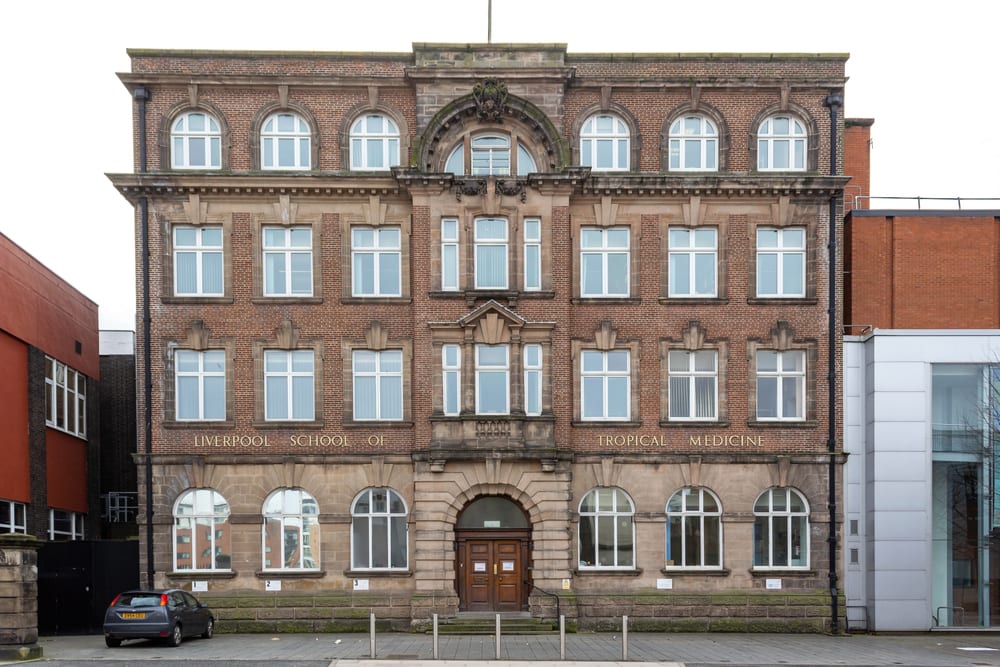
Coronavirus
Marketing Liverpool director Chris Brown believes the city has “all the ingredients to come back bigger and better” in 2021.
5 years ago
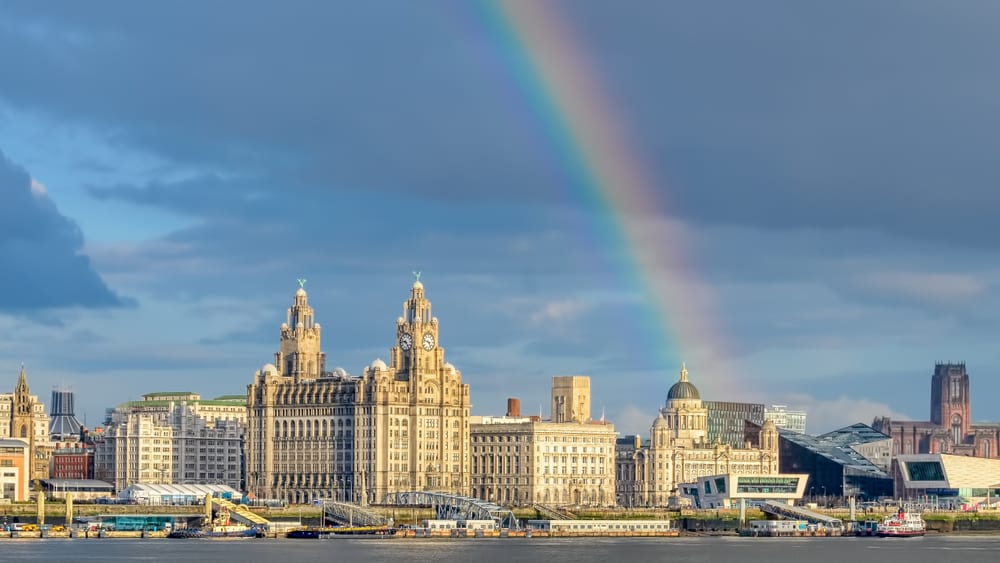
Make no mistake about it, this year has been a tough one for the people of Liverpool, and for the city.
Even though it has been a tough year, as always, the city and its leaders have refused to stand still and, in spite of the shock of ‘how bad it was’ battling the pandemic, above all is that determination and hope for which we become ever more renowned.
“I don’t think any of us had an inkling of the tsunami that was going to hit us in March or how devastating that would be,” says Chris Brown, director of Marketing Liverpool.
“We started the year in absolutely great shape, everything was moving in the right direction.
“Then March came and wiped the whole lot out. It was like having your legs taken away. We went from a position of being positive and looking forward, to getting this hammer blow and we shut down.”
Crucially, as he takes stock of 2020, Chris Brown believes we have learned from what has happened, developed new and quicker ways of working – and showed all, including government, that Liverpool is a ‘doing’ city.
“Where five years ago we might have been more emotional in our response and a lot more aggressive and ‘in your face’, adopting a more considered approach got the right results and we have been seen by the government as a doing city. We got on and we did it, and that’s reaped benefits,” he says.
“Whether that was closing Castle Street and Bold Street and creating pedestrianised areas, generating pavement licences – we generated around 200 in four weeks when we normally do about 12 a year! – or the work we have done on the mass testing, Liverpool took a lead.

“We came out of the first lockdown faster than most other cities, and we will do it again when we come out again.”
The constant changes undoubtedly played their part in taking away confidence from the city and, as hope was taken away at the end of summer, the impact on the city’s re-emergence and rebuilding efforts was huge.
“We were lulled into a false sense of security in July and August when the streets were getting busy again, the weather was nice and everyone thought we can start rebuilding again. But the virus was still there and when it came back again, it was a body blow, everyone thought ‘we’re going to go back into it now’ and the winter months are hard enough as it is. That dampened everybody’s mood and dented confidence.
“We had this troublesome period with government in the autumn where they got their strategies all wrong, then they pulled furlough too early and we lost a lot of jobs in that period while they were prevaricating. Okay they put it back again but people lost their jobs unnecessarily. It put us more on edge.
“We’ve never really been able to get the engine running again, it’s like a stuttering car in the winter. It’s ripped out our planning ethos and everything medium and long term has gone out of the window at the moment, and everything is being done short term, based around survival instinct and keeping businesses alive as well as maintaining the brand of the city at as high a profile as we can during these difficult times.
“But Liverpool is a very resilient place and it has coped really well.”
There have been many achievements.
We all need some positive vibes right now 🤩 pic.twitter.com/o0ztzCRSyB
— The Guide Liverpool 🌇 (@TheGuideLpool) November 2, 2020
“There has been a fusion of public and private sector thinking and collaboration that didn’t exist in the same way as it has through Covid, and there’s some really great work that’s been undertaken there, through the recovery planning, and the Liverpool Without Walls project. In a normal year it would have taken years to get this moving so I think that’s been a big positive.
“That’s why Liverpool has been seen by the government as a doing city, and getting on with it. (It’s been interesting to parallel our approach and that of other cities).
“Partnerships have been created that will stand us in good stead when we get to the end of this dark, dark tunnel, and Liverpool being in tier two in December has enabled the survival of a lot of businesses, although there’s a lot which haven’t had the chance to get going.”
Chris is hopeful: “The next six months will be difficult but Liverpool has come a long way, and if we can get through this winter period and stay where we are, there are green shoots which will come to fruition once the vaccine is rolled out and we start to see results.
“People’s confidence will take a long time to build and there are challenges, especially for a city like ours that relies on vibrancy and being together.
“But smart testing will help, and we have a pretty clear plan for the next year in terms of recovery, that will be an amalgam of local and national measures. From Spring 21 onwards, we would hope to start rebuilding audiences. It will take two to three years to get back to where we were before March because it’s going to be immensely competitive and every city in Europe will be looking to rebuild again at the same time, plus the planning of major events will start happening in earnest when confidence is regained.
“Brexit will also play a key role for us in terms of how we are perceived by our European neighbours and we are as yet to fully understand the implications of that.
“We can’t assume everything will go back to normal, it won’t. We need to imagine a new normal and be ahead of it, and make sure Liverpool is at the forefront of thinking. We are doing a lot of work with the council and private sector colleagues and there are interesting and exciting plans in place. The challenge will be activating them at the right time.
“All of this is underpinned by the Liverpool stoicism. We have had problems before, we have had issues before. We are not in great shape. But we have all the ingredients to come back bigger and better.”


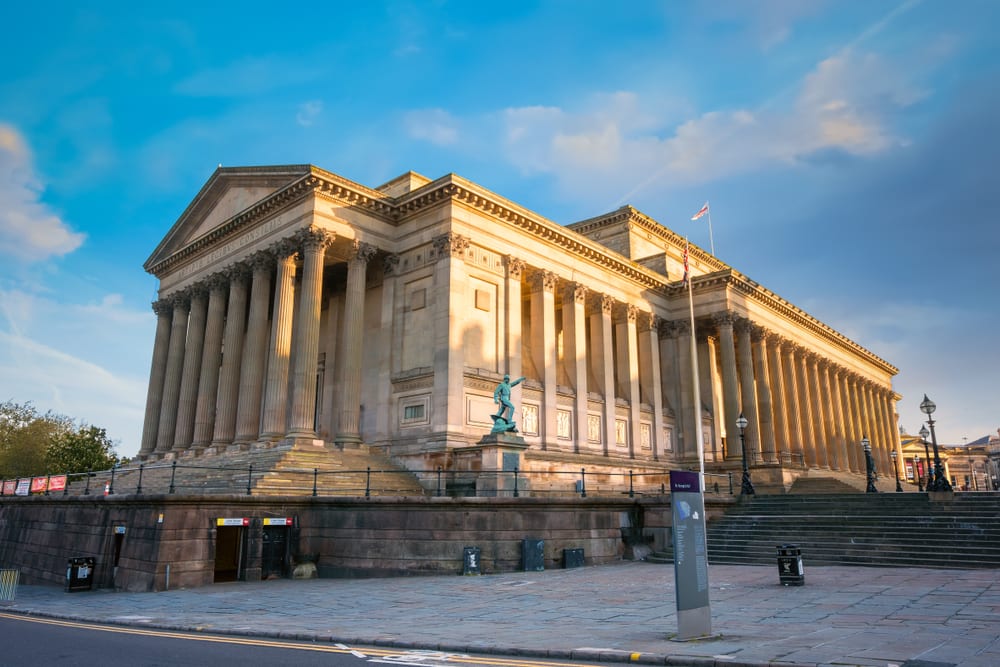
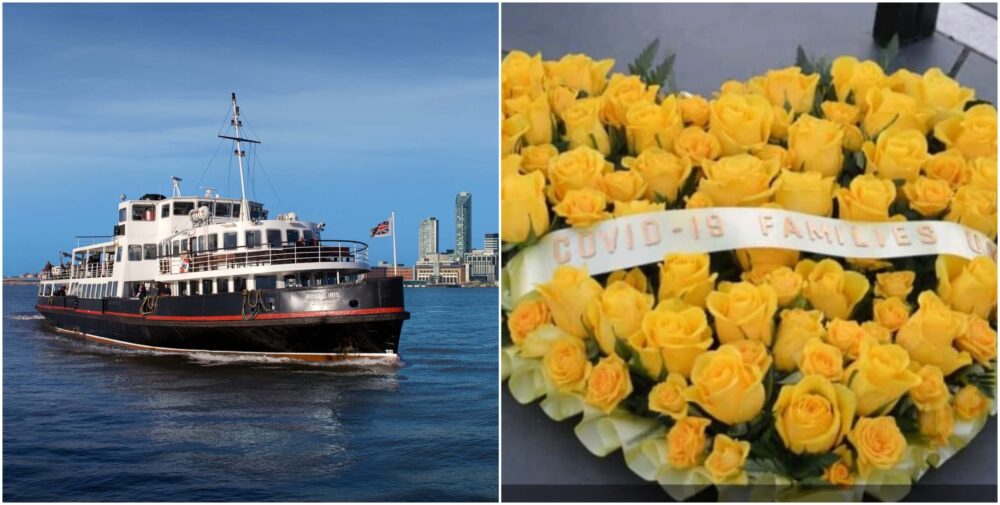
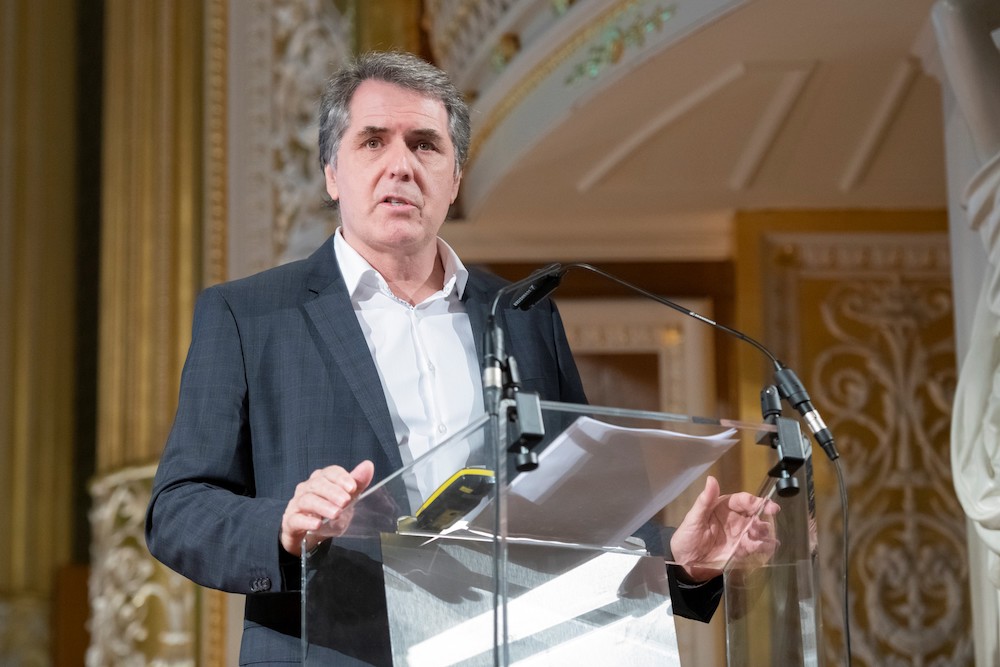
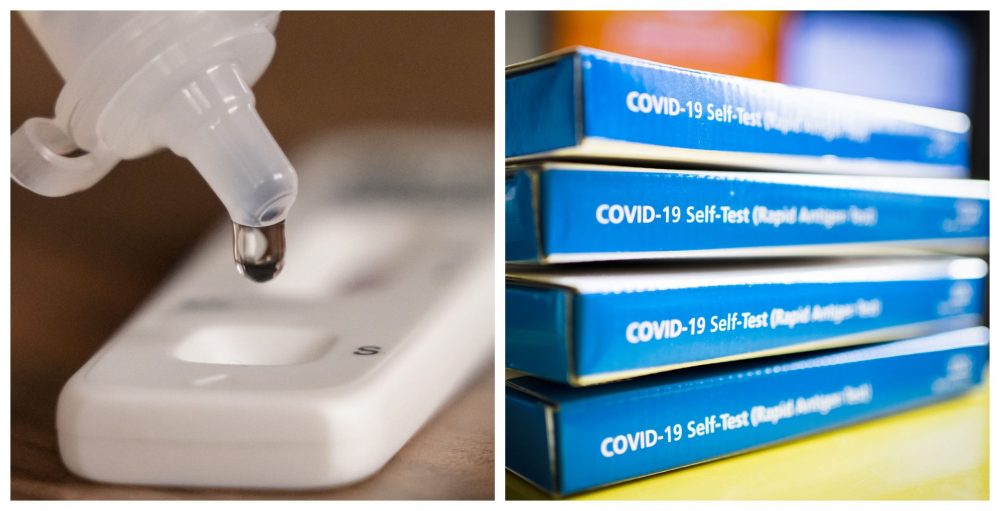
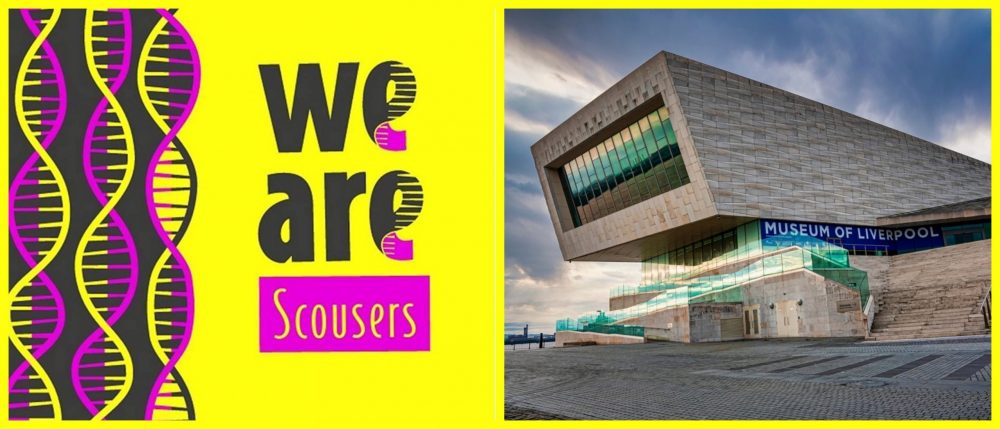
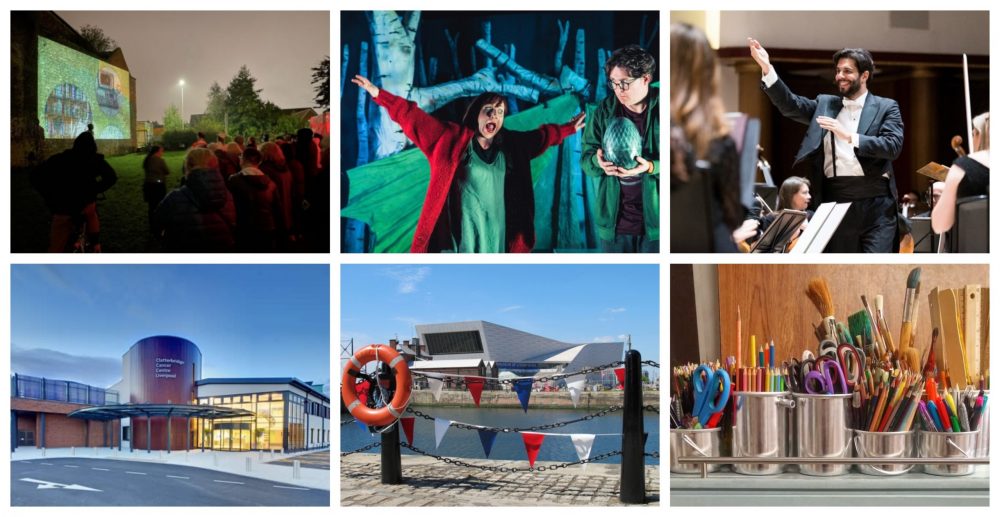
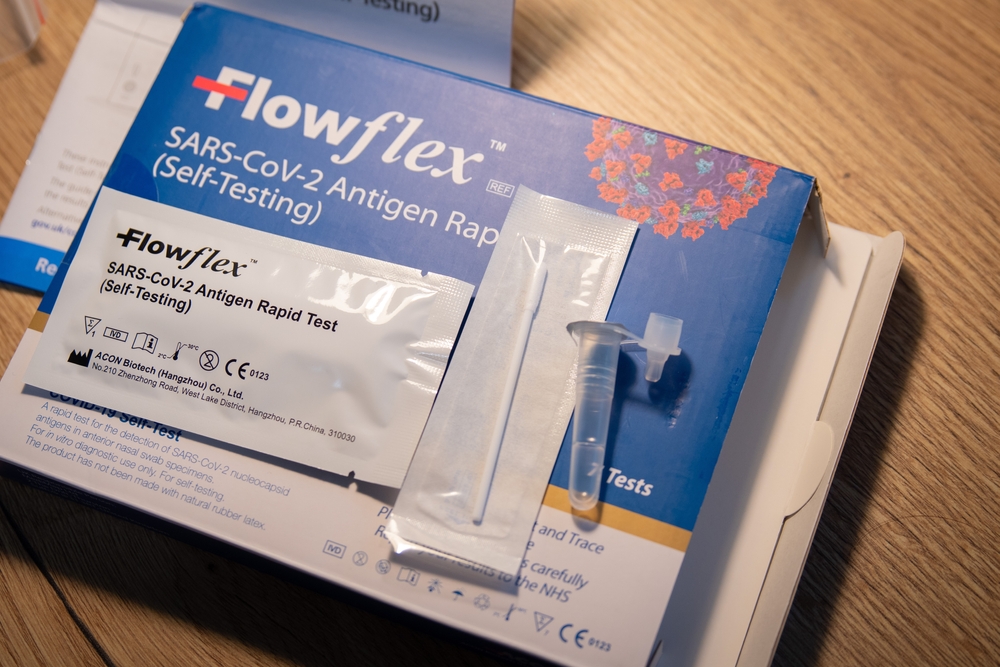
 Subscribe
Subscribe Follow Us
Follow Us Follow Us
Follow Us Follow Us
Follow Us Follow Us
Follow Us Follow Us
Follow Us











